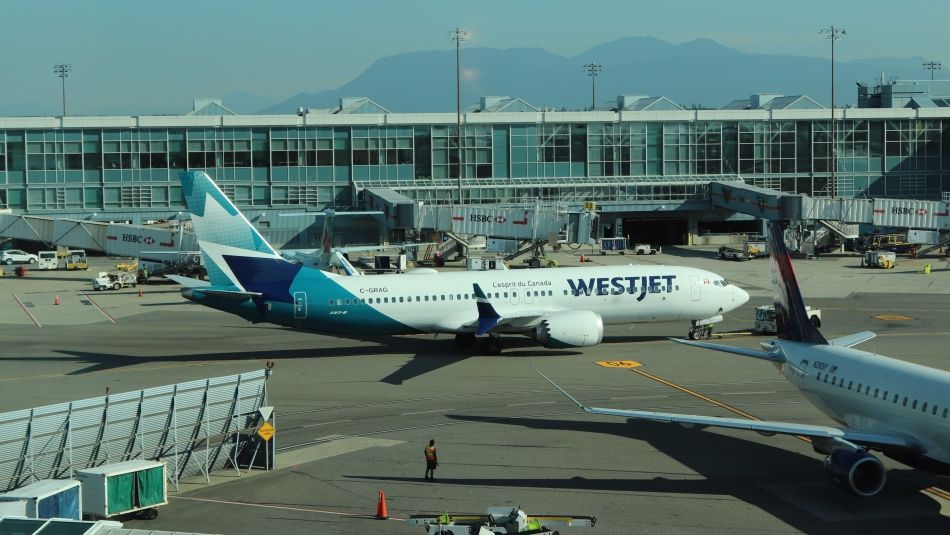
Share
Unifor addressed key industry concerns including understaffing, a living wage at airports for all aviation workers, an end to contract flipping, introduction of successorship rights, and proper training and true protection for the harassment endured by workers on the job at the federal government’s National Summit on the Recovery of the Air Sector on Nov. 24, 2022 in Ottawa.
“It’s no secret that all industries were impacted by the pandemic and the aviation industry was among the hardest-hit,” said Unifor National President Lana Payne. “Now is the time to bring ideas to the table about how we pave the way forward.”
The summit encouraged government departments and agencies to work with industry partners – including airports, airlines, industry associations, unions and consumer groups – to discuss critical issues facing aviation and the future of the air sector in Canada.
Unifor Director of Airlines Leslie Dias was one of three labour representatives that contributed to the discussion.
Participants spoke about a number of critical challenges in the aviation sector, including COVID-19 lessons learned and challenges for the future, supporting digital transformation, managing costs and infrastructure and integrated management of services at airports, including through data management and transparency, accountability and passenger rights.
“There is a tremendous amount of focus on automation and digitization to create a better passenger journey,” said Dias. “There seems to be a glazing over of what the key issue is that caused the disruptive summer and what will continue to plague the industry unless that is addressed – that is the shortage of labour.”
Unifor called for strategic long-term planning to ensure there are appropriate numbers of workers in higher-skilled positions, such as air traffic control, pilots and aircraft maintenance engineers. Due to the years of training to qualify and be certified to do this work, Nav Canada and airlines need to address the current shortages and plan properly for attrition now.
“For the traditionally lower paid work, employers have to get their heads out of the sand that this is a short-term problem and that they can continue to hire while underpaying the workers,” Dias continued.
“The problems experienced in the past six months are not going away. Workers are no longer willing to work for minimum wage, with minimal training and little support, while working precarious schedules, and being on the receiving end of passengers’ wrath over issues they have no control over when flights do not operate as expected.”
The union also called on the government to treat Nav Canada as an essential service and ensure plans are put in place to ensure it is properly staffed to meet the needs of today and tomorrow. Unifor also stressed the need to ensure the Temporary Foreign Worker program is not exploited at the expense of Canadian workers, including pilots.
Transport Canada says it will continue to collaborate with partners to improve air transport system performance with a particular focus on the upcoming holiday season, with further improvements in advance of summer 2023 volumes.


